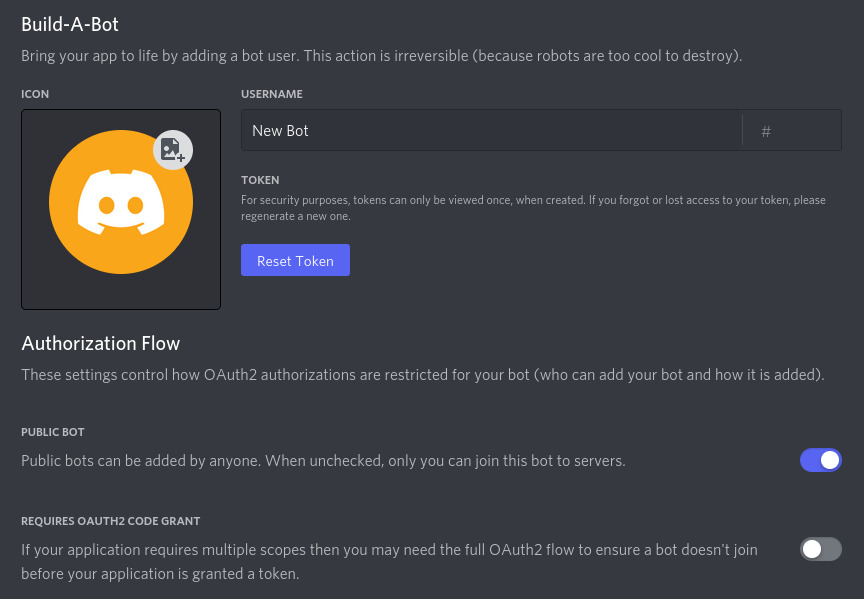How to Properly Become a Teacher in 2025: Essential Steps for Success
Becoming a teacher in 2025 is an exciting journey that requires a blend of formal education, hands-on experience, and ongoing professional development. As the landscape of education evolves, aspiring teachers must navigate various steps to ensure they are well-prepared for the challenges and rewards of this profession. Effective teaching goes beyond simply sharing knowledge; it involves understanding student needs, employing diverse teaching methodologies, and fostering an engaging classroom environment.
This article outlines the essential steps to become a teacher, focusing on the teacher certification process, educational requirements, and professional development strategies necessary for a successful teaching career. Additionally, we will explore classroom management strategies, lesson planning skills, and the importance of lifelong learning in education. Let’s embark on this educational journey and explore how you can effectively prepare for a future in teaching.

Essential Steps to Become a Teacher
Understanding Educational Qualifications
To embark on the journey of becoming a teacher, the first step is understanding the educational qualifications required in your jurisdiction. Typically, aspiring teachers must obtain a bachelor's degree in education or a specific subject area, followed by a teacher training program. If you're considering teaching as a career, ensure that your program includes pedagogical approaches that focus on effective teaching strategies. You may also want to look into alternative certification options if you already possess a degree.
Teacher Certification Process
The teacher certification process varies by state or region, but it often involves passing teaching certification exams and undergoing a background check. Understanding the specific certification requirements for your locale is crucial, as it will determine the subjects you are qualified to teach. Preparation for these exams, which may include topics on educational psychology and classroom dynamics, can be enhanced through study groups or preparation courses.
Essential Classroom Management Strategies
Classroom management is a critical skill that involves creating an environment conducive to learning. Successful teachers employ effective communication skills to build relationships with their students and establish classroom rules. Techniques such as positive reinforcement, clear expectations, and conflict resolution are vital for managing diverse student behaviors. As you develop your teaching philosophy, consider how you can create inclusive classrooms that respect and embrace diversity in education.
Lesson Planning Skills for Effective Teaching
Lesson planning is more than just outlining what will be taught; it's about designing student-centered learning experiences that engage and inspire. When planning lessons, consider incorporating innovative teaching methods that cater to various learning styles. This not only prepares students for assessments but also fosters a deeper understanding and retention of knowledge. Whether you are teaching online or in a traditional classroom, mastering these planning skills is essential for success.
Teaching Methodologies and Student Engagement Techniques
Modern education has shifted towards more collaborative and interactive teaching methodologies. Educators are encouraged to utilize technology in teaching to enhance student engagement. Utilizing platforms that promote active learning approaches can significantly increase student participation and enthusiasm. Furthermore, understanding various assessment strategies for teachers can help you evaluate student progress effectively, ensuring that all students are learning optimally.
Gaining Teaching Experience
Teaching Internships and Student Teaching
Gaining practical experience through teaching internships is invaluable. These experiences not only provide insight into the daily life of teachers but also enhance your teaching skills. Participating in a student teaching program allows you to apply your theoretical knowledge in real classroom settings. It is essential to seek feedback from mentors during this phase to refine your instructional techniques and understanding of classroom dynamics.
Developing a Teaching Portfolio
As you progress through your education and training, developing a teaching portfolio becomes essential. This portfolio should showcase your lesson plans, assessments, and other evidence of your teaching effectiveness. A well-structured portfolio demonstrates your commitment to professional development and your ability to reflect on your teaching practices. This can be a powerful tool when applying for teaching jobs or continuing education opportunities.
Education Policy Knowledge and Advocacy
Understanding education policy is crucial for teachers, particularly in navigating the complexities of classroom standards and educational expectations. Education advocacy involves staying informed about changes in federal education laws and how they impact teaching practices. As future educators, being equipped with knowledge on educational equity ensures that you can contribute positively to your communities and address challenges in teaching.
Professional Development for Teachers
Continuing Education and Lifelong Learning
Professional development is a key aspect of teaching success. Continuous education allows teachers to stay updated on the latest trends in education and refine their teaching techniques. Engaging in workshops, conferences, and online courses can provide new insights and strategies for classroom improvement. Moreover, establishing a network through professional teaching organizations enhances collaborative opportunities for sharing best practices and innovative teaching methods.
Networking for Career Advancement
Networking is often overlooked but is vital for professional growth in education. Building connections with fellow educators can lead to mentorship opportunities, job openings, and collaboration on educational projects. Attend teacher job fairs and connect with educational institutions to explore teaching job opportunities that match your skills and interests. Engaging with online teaching forums can also open doors to new resources and emotional support from peers facing similar challenges.
Understanding Teacher Responsibilities and Ethics
As a professional, understanding your responsibilities and adhering to ethical standards in teaching is paramount. Teachers should advocate for their students and actively engage in community involvement in education. Promoting academic performance and maintaining a balance between authority and support fosters positive teacher-student relationships. Mentorship in teaching can also help reinforce ethical practices and provide guidance on navigating complex scenarios in the classroom.

Preparing for Success in Teaching
Assessment Strategies for Educators
Effective assessment strategies are crucial for gauging student learning and fostering educational equity. Assessments should be designed to evaluate not only the final outputs but also the learning processes. Utilizing technology integration in classrooms can enhance the effectiveness of assessments and provide immediate feedback, which is vital for student growth. Understanding assessment methods in education will enable you to adapt your teaching practices to meet students' diverse needs.
Creating Inclusive Classrooms
Creating inclusive classrooms involves addressing diverse learning styles and fostering classroom innovation. Strategies such as cultural responsiveness in education and effective communication with parents enhance the learning experience for all students. Providing tailored resources for novice teachers and incorporating collaborative teaching practices can result in a more cohesive classroom environment that encourages student participation.
Reflective Teaching Practices
Reflective teaching practices are essential for continuous improvement. Regularly assessing your teaching methods and seeking feedback from peers can lead to significant enhancements in your approaches. Engage in discussions within professional learning communities to share experiences and strategies for effective teaching. This commitment to self-improvement not only benefits you as an educator but also positively impacts the students you teach.
Q&A: Common Questions About Becoming a Teacher
What qualifications do I need to teach?
Generally, you need at least a bachelor's degree in education or a specific subject area, as well as completion of a teacher training program. Many states require passing relevant certification exams.
How important is classroom management?
Classroom management is crucial for maintaining a productive learning environment. Effective strategies help prevent disruptions and promote positive behavior among students.
What is the best way to create lesson plans?
Effective lesson planning involves outlining clear objectives, selecting appropriate materials, and incorporating various teaching methodologies to engage all students.
How can professional development impact my teaching?
Continuous professional development equips teachers with updated teaching strategies and resources, ultimately enhancing student learning outcomes and overall effectiveness in the classroom.
Why is networking important in education?
Networking with fellow educators provides opportunities for collaboration, job prospects, and sharing resources, which can greatly improve your teaching practices and career development.
